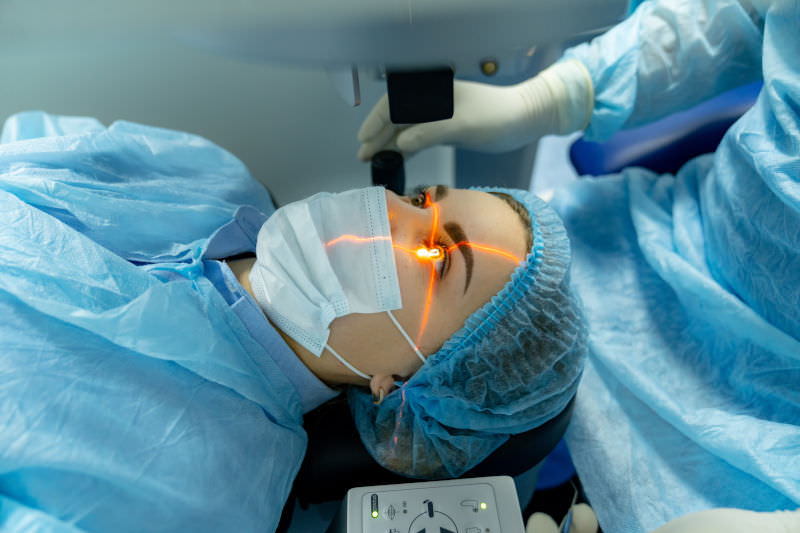I recently won a medical negligence claim for a client against a hospital, following a botched administration of an anaesthetic drug.
The circumstances of the negligence
My client was a middle-aged woman who had been diagnosed with cancer. My client had to undergo surgery under the care of her oncologist. My client required a general anaesthetic, given the seriousness of the surgery.
In theatre, the busy, over-worked anaesthetist mixed-up the two drugs that she should have administered – in a very precise order – to my client. As a result my client – who was conscious the whole time – endured a frightening ordeal in which she thought that she was going to die. She couldn’t breathe. My client reported seeing a tunnel, with light at the end. She thought this was her end.
Due to the new NHS Duty of Candour, upon regaining consciousness, the hospital immediately apologised to my client and undertook an investigation to ensure that no other patient would have to endure such a horrific event.
No win, no fee agreement
My client came to see me with the letter of apology from the hospital. Although my client had a written apology she was of the opinion that procedures would only change once the hospital had been financially penalised for the mistake. As is very common in clinical negligence claims, my client was not bothered about the compensation. She wanted to make sure that nobody suffered as she did.
Given the obvious strength of the case, I offered my client a No Win, No Fee agreement.
Response from the hospital
I prepared – with the input from my client – a comprehensive letter of claim following the guidance for the Clinical Negligence Pre-Action Protocol.
Quickly the hospital acknowledged the letter, referring the claim to the National Health Service Litigation Authority (NHSLA). Shortly thereafter, the NHSLA admitted legal blame for the medical malpractice of the hospital.
The medical negligence compensation
Physically, though despite still suffering from cancer, my client was not injured by the botched procedure. However, psychologically my client was very distressed. She had trouble sleeping, suffered scary flashbacks and couldn’t trust doctors.
To improve her psychological state, my client underwent Cognitive Behavioural Therapy (CBT) at the hospital, which worked well. My client was keen to keep a good relationship with the hospital which was still treating her cancer.
Normally in these circumstances I would instruct a Consultant Psychiatrist to examine my client to prepare a detailed medical report. Here, though, my client asked me to make offers to settle, as she wanted the matter resolving quickly and cheaply (for the hospital).
Following offers from us and counter-offers from the NHSLA, the claim settled for £8500. My client was delighted with the result.
If you have suffered because of medical malpractice, then please contact us for a free, no-obligation consultation with a specialist solicitor. If you have a strong claim, then we will offer you a No Win, No Fee agreement to pursue your claim. We will arrange to see you at a time convenient for you.
Further Reading
From one of the UK’s most read legal blogs.










